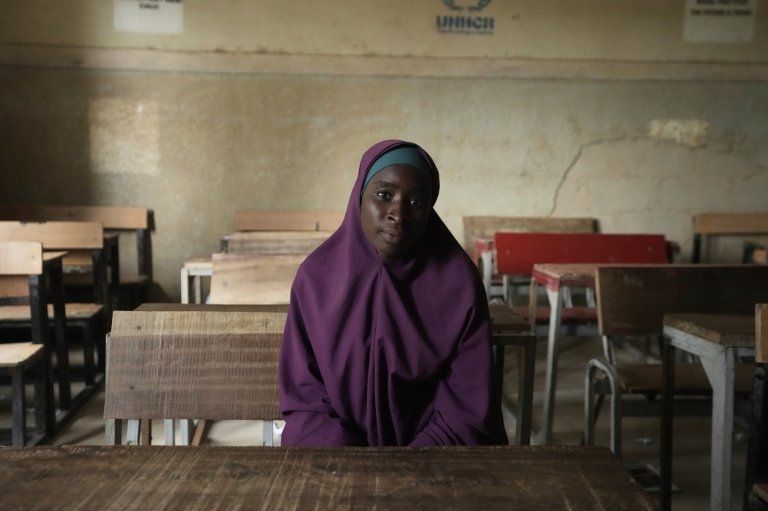Afghans stage small demonstration against Charlie Hebdo magazine near French Embassy in Kabul
KABUL – Around 100 people, many carrying banners emblazoned with a red heart and letters reading the Prophet Muhammad, demonstrated in the Afghan capital against the publishers of the French satirical magazine Charlie Hebdo on Thursday, accusing them of blasphemy.
There have been small, sporadic protests in Afghanistan since two gunmen attacked Charlie Hebdo’s office on Jan. 7 for ridiculing the prophet in the magazine’s cartoons. But Thursday’s rally near the French Embassy in Kabul is the believed to be the first in the capital since the shootings in Paris.
Protest organizer Abdul Saboor Fakheri said the demonstrators wanted the Afghan government to close the French Embassy and expel the ambassador to ease the anger that he said Afghans felt toward the magazine. Some demonstrators chanted “We love Muhammad.”
In southern Afghanistan, meanwhile, a car packed with explosives blew up in the capital of Helmand province, killing three and wounding 16 people, officials said.
Omar Zwak, the spokesman for the provincial governor spokesman said that the car bomb in Lashkar Gah hit a vehicle being driven by members of the Afghan police, killing two officers. Among the wounded were seven policemen and five children, he said.
In Kandahar province, also in the south, a gunman opened fire in the capital Kandahar killing a policeman and a civilian, the governor’s spokesman Samim Akhplwak said.
Join the Conversation!
Want to share your thoughts, add context, or connect with others in your community?
You must be logged in to post a comment.


















